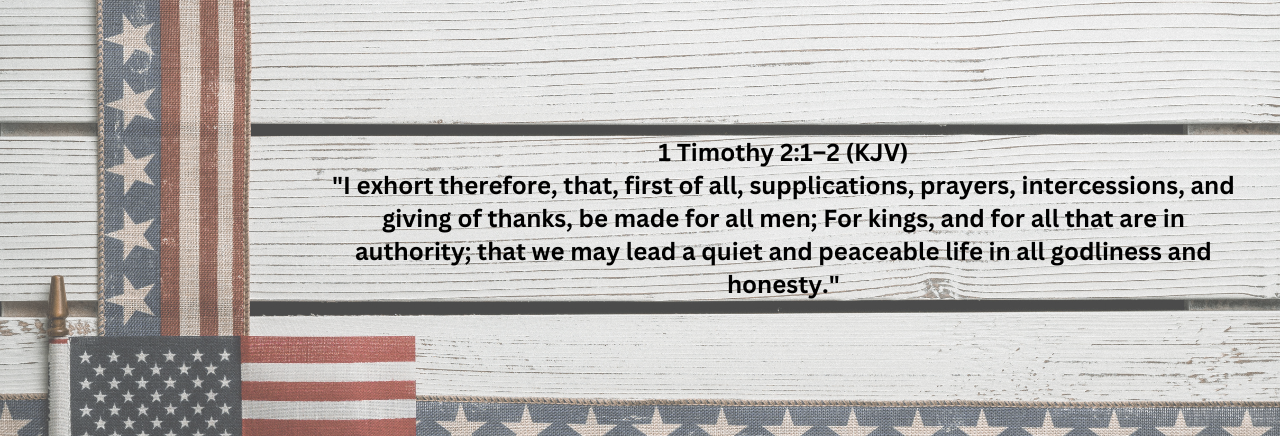
Look at the words we use when we talk about time – words soaked in conflict and aggression. We “kill time,” “beat deadlines,” and “fight the clock.” We’ve made time into an enemy to be conquered rather than a gift to be received. We battle against the very medium in which our lives unfold.
Scripture speaks directly to this condition. “He that hasteth with his feet sinneth,” warns Proverbs 19:2, while Ecclesiastes 7:9 cautions us, “Be not hasty in thy spirit to be angry: for anger resteth in the bosom of fools.” These aren’t casual suggestions but urgent warnings about a fundamental threat to our souls.
Watch what happens in nature when things are rushed. Fruit forced to ripen prematurely lacks sweetness. Wine hurried through fermentation lacks depth. Children pushed too quickly through development miss crucial stages of growth. Our souls operate by these same principles.
Isaiah 40:31 reminds us, “They that wait upon the Lord shall renew their strength; they shall mount up with wings as eagles; they shall run, and not be weary; and they shall walk, and not faint.” Waiting – the opposite of hurrying – becomes the pathway to strength rather than its enemy.
Hurry cuts deeper than mere busyness. Busyness fills our calendar; hurry empties our soul. Busyness involves too many activities; hurry involves too little attention. The Psalmist recognized this when writing, “Be still, and know that I am God” (Psalm 46:10) – authentic knowing requires a quality of attention that refuses to be rushed.
The carpenter from Galilee moved through his days with remarkable deliberation. Even when told Lazarus was dying, John 11 tells us Jesus intentionally waited two more days before traveling to him. When the woman with the issue of blood touched his garment in a crushing crowd, Mark 5 shows him stopping to engage her personally. He lived by a different rhythm – never frantic, never hurried, yet accomplishing exactly what he came to do.
Isaiah offers this striking insight: “He that believeth shall not make haste” (Isaiah 28:16). This connects our tendency toward hurry with a fundamental lack of trust. When we believe everything depends solely on our efforts, we inevitably rush. When we believe in something greater at work in the world, we move at a more human pace.
The invitation in Matthew 11 to “take my yoke upon you” offers liberation from hurry’s tyranny. A yoked ox cannot run ahead; it must move at a deliberate pace in harmony with its companion. This depicts the proper tempo of human life – not frenetic independence but measured partnership.
Our hurry reveals what we worship. When racing through days, treating time as a commodity to be hoarded or spent, we bow before efficiency and productivity rather than presence and love. We cannot love in a hurry. We cannot create beauty in a hurry. We cannot pray in a hurry.
Ecclesiastes 3:1 declares, “To every thing there is a season, and a time to every purpose under the heaven.” This sacred wisdom reveals hurry as not merely a scheduling problem but a spiritual one. Slowing down isn’t just stress management but recovering our humanity.
Romans 12:2 urges, “Be not conformed to this world: but be ye transformed by the renewing of your mind.” Perhaps our most powerful act of resistance against the powers that would dehumanize us is simply refusing to be rushed.
The adversary’s most effective strategy may not be our idleness but our hurry, not our rest but our restlessness. As Jesus said to Martha in Luke 10:41-42, “Martha, Martha, thou art careful and troubled about many things: But one thing is needful: and Mary hath chosen that good part.”
True rest isn’t found in escape from responsibility but in recovering the proper tempo of human life – a pace slow enough for wonder, for gratitude, for genuine connection. Slow enough to notice the sacred in the ordinary. Slow enough to hear that still, small voice that speaks not in the earthquake or fire, but in the gentle whisper that follows (1 Kings 19:11-12).
1 Kings 19:11-12 is a passage from the Old Testament that describes the prophet Elijah’s encounter with God on Mount Horeb (also known as Mount Sinai). Here’s the text from the King James Version:
“And he said, Go forth, and stand upon the mount before the Lord. And, behold, the Lord passed by, and a great and strong wind rent the mountains, and brake in pieces the rocks before the Lord; but the Lord was not in the wind: and after the wind an earthquake; but the Lord was not in the earthquake:
And after the earthquake a fire; but the Lord was not in the fire: and after the fire a still small voice.”
This passage shows that God often speaks not through dramatic displays of power (wind, earthquake, fire) but through a “still small voice” (sometimes translated as “gentle whisper”). It’s a powerful reminder that divine wisdom and presence are often found in quietness and stillness rather than in noise and spectacle – hurry versus stillness.




Leave a Reply